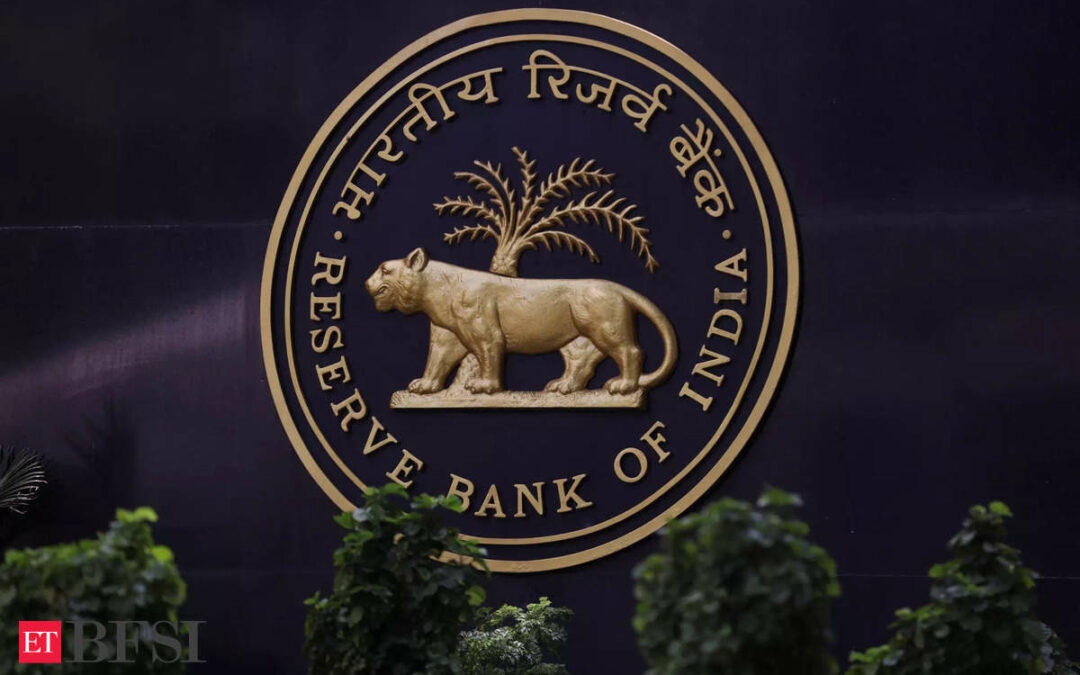Mumbai, India’s fintech sector can potentially emerge as a substitute for traditional banking in the near future, said a report by CAFRAL, while stressing the need for a “quick and nimble” regulation to ensure growth of digitalisation and financial stability.
Reserve Bank Governor Shaktikanta Das on Tuesday released the first flagship publication of the Centre for Advanced Financial Research and Learning (CAFRAL) with the title “India Finance Report 2023” (IFR 2023).
CAFRAL, a not-for-profit organisation, was set up in 2011 as an independent body by the RBI to promote research and learning in banking and finance.
The report provides fresh insights into the non-banking financial sector in India that can aid all stakeholders, including regulators and policymakers, in securing a greater understanding of the sector and a wider appreciation of its niche strengths and opportunities.
In his note to the report, RBI Deputy Governor Michael Debabrata Patra said the publication is sensitive to the significant heterogeneity within NBFCs, issues in complementarity and competitiveness vis-a-vis the traditional banking sector and the growing synergies between NBFCs and FinTech.
The report noted that India is witnessing rapid digitalisation with the implementation of the India Stack. Consequently, digital lending and in particular FinTech lending has grown rapidly.
The introduction of Unified Payment Interface (UPI) has provided FinTech with a seamless digital infrastructure, accelerating its expansion and creating new possibilities for financial inclusion across the country, it said.
However, the report said regulation of digital lending must be tailored to facilitate growth as well as maintain stability.
“The strong relationship between UPI and fintech lending, especially during COVID-19 is testimony to the potential of digitalisation. The fintech sector can potentially emerge as a substitute for traditional banking in the near future,” it said.
The report stressed that the expansion of digitalization needs to be accompanied by quick and nimble regulation that promotes access and growth while ensuring financial stability.
In the foreword, Governor Das said the NBFC sector is also going through changes in regulation and supervision that seek to bring in best practices; close out regulatory arbitrage; ensure the protection of customer interests; and leverage on technology.
“Exploiting the synergies between growth and technological change can lead to individual NBFCs becoming systemic,” he said.
The challenge is to find the right balance of interventions, and the play of market forces. Looking ahead, the past can provide lessons for future policy responses, he said.
At the same time, we need to be ready to incubate new solutions to address the fast-paced transformation of the sector, the Governor said, and added this involves all stakeholders.









